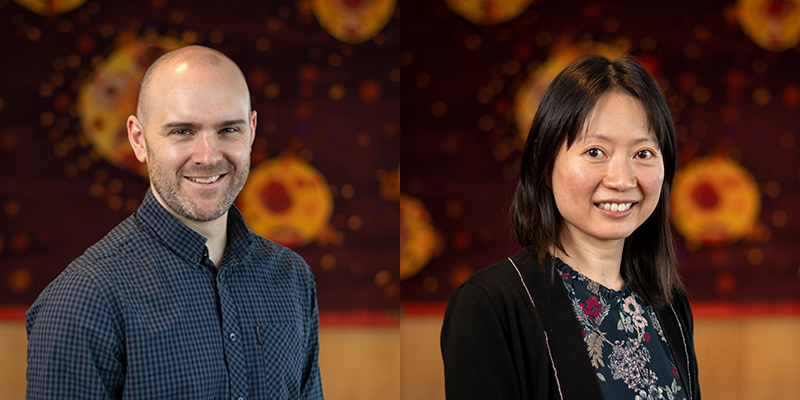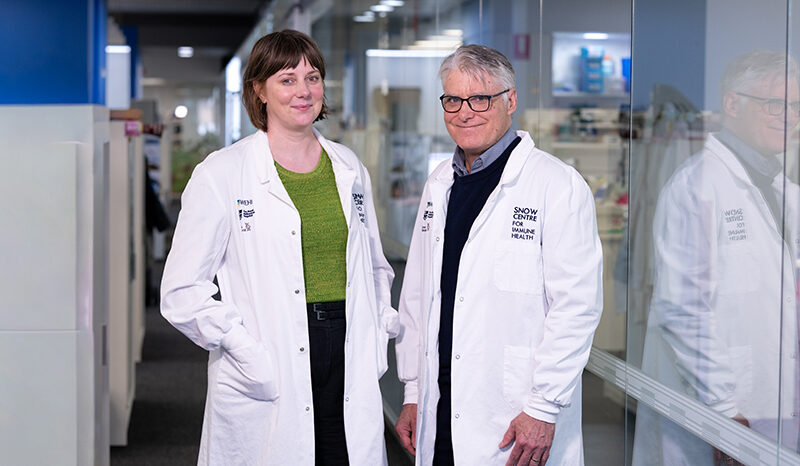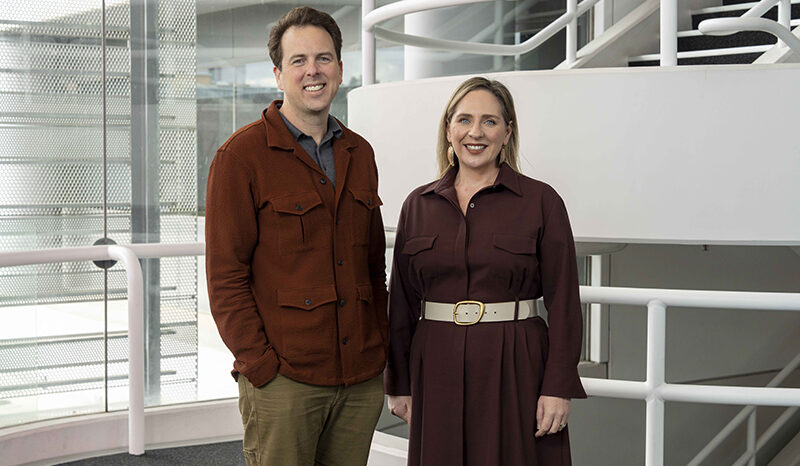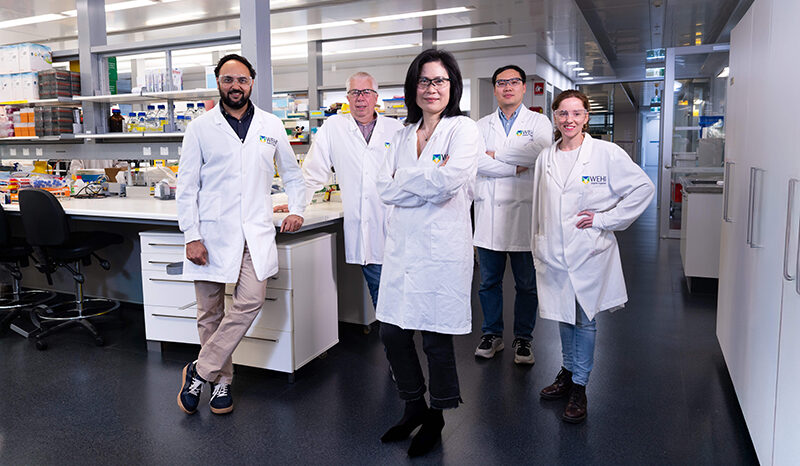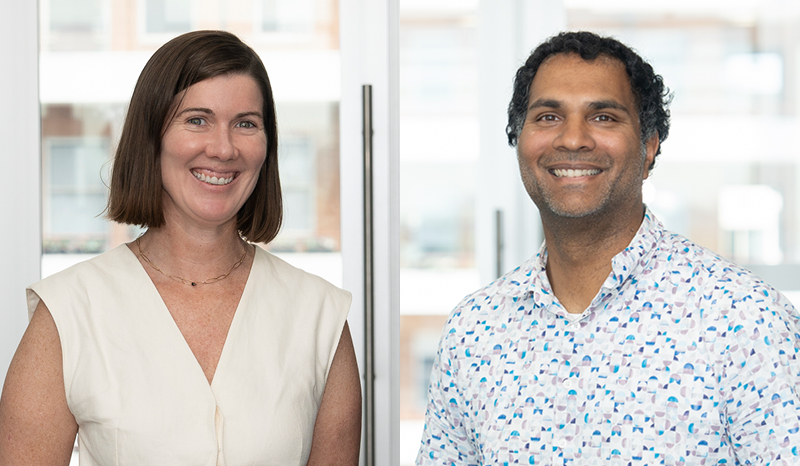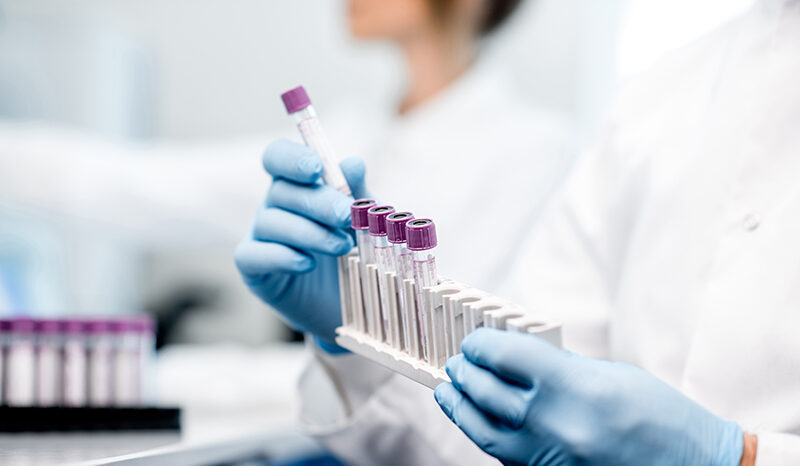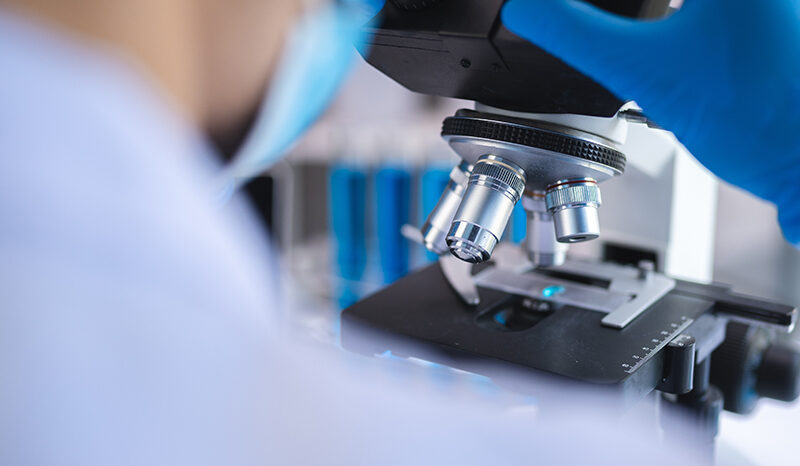Andrew:
We first met when we were interviewing a new candidate for Cherie’s lab.
I’d worked quite a bit with Cherie’s boss at the time, Frank Bowling, former Director of Pathology at the Royal Melbourne Hospital and Co-Chief Investigator at the Colonial Foundation Healthy Ageing Centre. Cherie is now the Head of Chemical Pathology at RMH.
She’s been wonderful to work with. Very dedicated, very hardworking and seriously intelligent.


